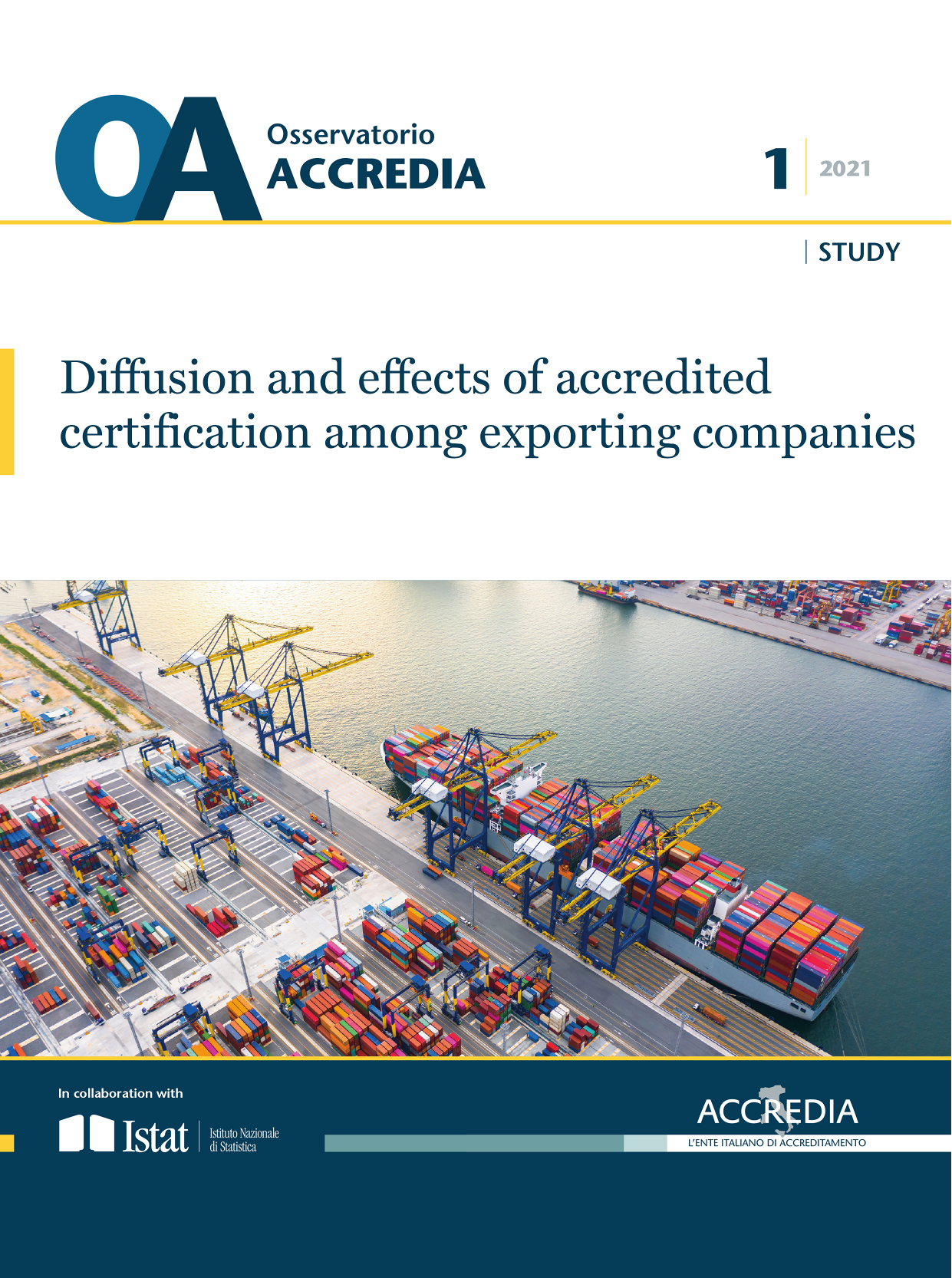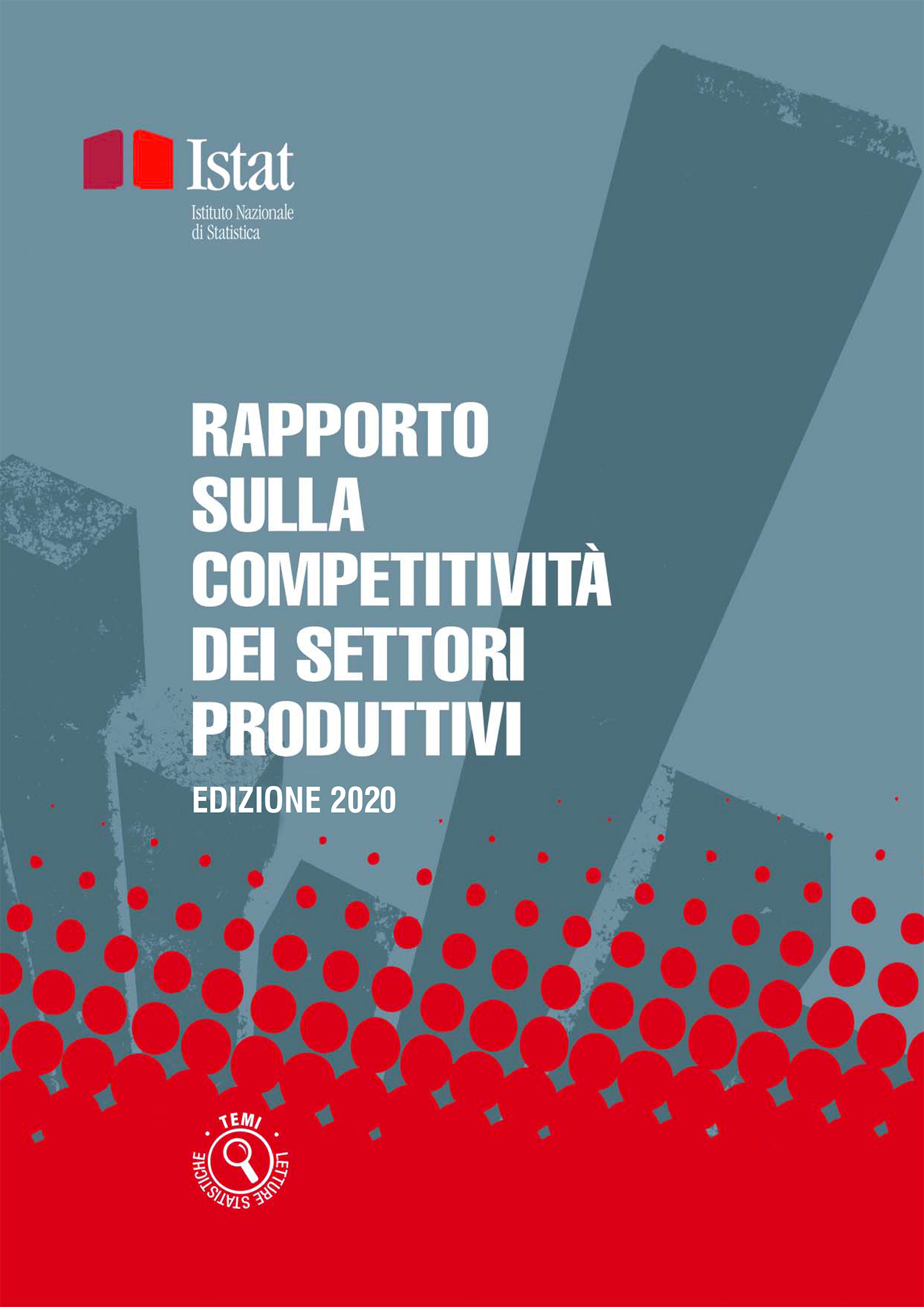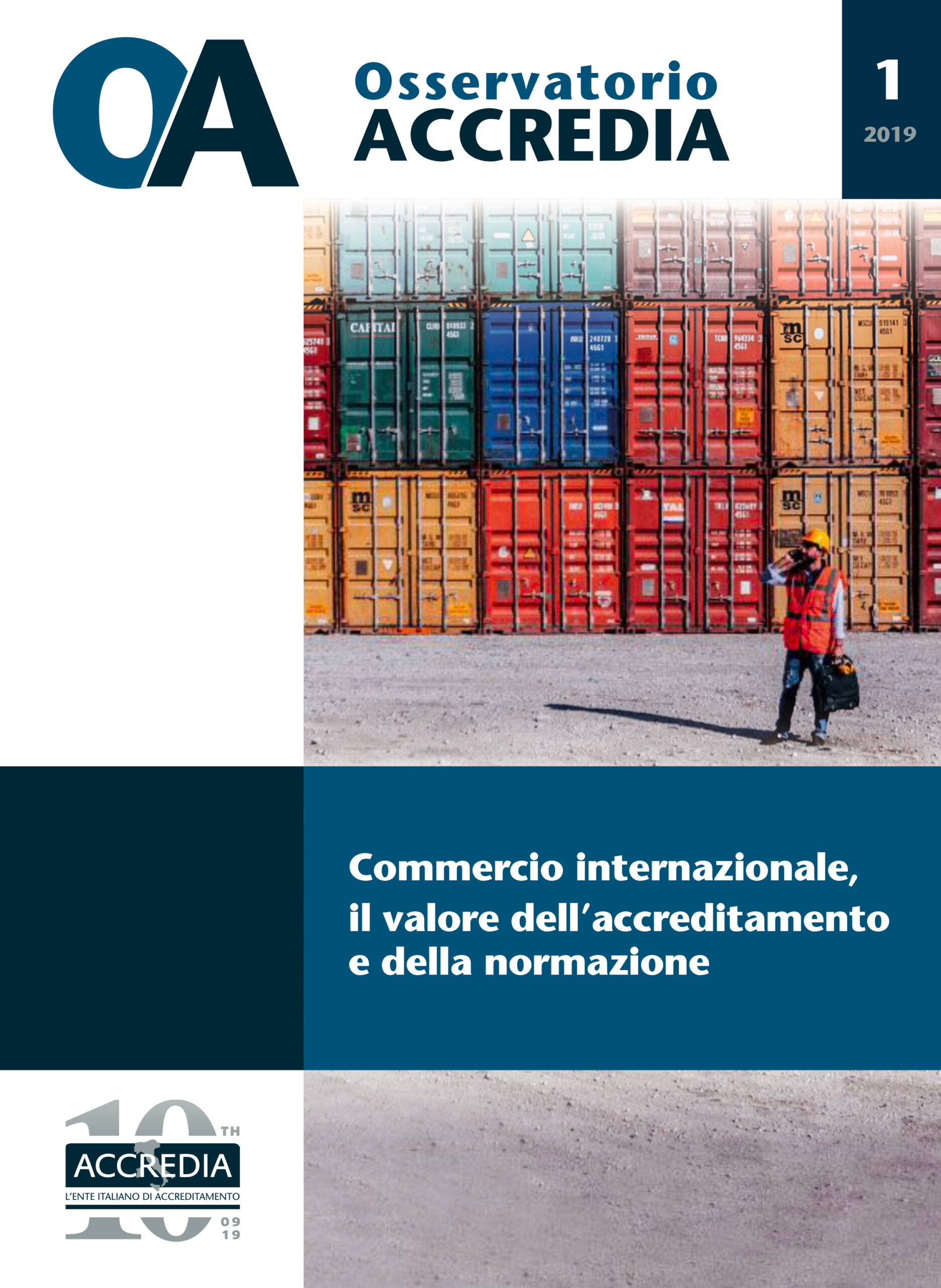International trade
Quality and global growth
Accreditation helps to ensure safety, sustainability, and quality in global markets. It promotes trust among Institutions, businesses, and consumers, thanks to shared standards and transparent assessments.
Accredited certifications are fundamental tools for promoting economic growth, international recognition of organizations, and export opportunities in key manufacturing sectors.
They guarantee quality and safety at a global level, meeting the growing demands and expectations of Institutions, businesses, and consumers around the world.
Accreditation for export
By providing guarantees on key aspects of the connected global market, accreditation promotes the fair and secure development of international trade.
Accreditation supports world trade and meets the needs of Institutions, businesses, and consumers by offering guarantees on fundamental aspects such as product safety, governance, climate change, energy efficiency, fair markets, and consumer confidence.
Recognized as a fundamental pillar of Quality Infrastructure by international Institutions such as the World Trade Organization (WTO), the United Nations Industrial Development Organization (UNIDO), and the Organization for Economic Cooperation and Development (OECD), accreditation is at the heart of national strategies to promote technical standards and conformity assessments.
Technical standards and certifications
In the context of global value chains, accredited conformity assessments promote cooperation and ensure shared technical standards, guaranteeing impartiality and competence.
The globalization of trade and the emergence of production systems organized along global value chains – i.e., based on the fragmentation of the production process into individual stages, allocated to different companies operating around the world – require a high degree of coordination and cooperation, even between independent companies.
The adoption of internationally shared technical and organizational standards is an effective tool for ensuring compatibility between products and processes in global production chains and for guaranteeing the quality characteristics of products expected by the markets.
Standards convey information, enable interoperability between products and processes, and guarantee minimum levels of quality and safety. Their effectiveness and ability to convey confidence is guaranteed by conformity assessments (certifications, inspections, laboratory tests, etc.) issued by bodies and laboratories, whose impartiality and competence are guaranteed by accreditation bodies.
Publications

Diffusion and effects of accredited certification among exporting companies – 2021
The study analyzes international trade data with reference to companies certified by accredited bodies. The data show that certification is a competitive lever that helps exporting companies penetrate international markets, including through participation in European and global value chains, and contributes to improving their productivity.

Accredited certification of management systems as a competitive factor for Italian exporters – 2020
The analysis highlights that management systems certified by accredited bodies facilitate dialogue between suppliers and buyers, standardizing language and organizational practices, and constitute an important competitive factor, especially for organizations that have to compete in international markets.
Accredited certification of management systems among export companies – 2019
There are 19,000 certified exporting companies (16% of the total), with an export value of €240 billion and 2 million employees. The statistical report shows that certified exporting companies can be almost 50% more productive than non-certified ones and have an average export propensity 23% higher than that of non-certified companies.

International trade, the value of accreditation and standardization – 2019
The study highlights how the trade agreements that the European Union continues to negotiate with other countries make constant reference to the Quality Infrastructure, i.e., the use of technical standardization, accreditation, and certification to overcome technical barriers to trade in goods and services.

The age of uncertainty. The world between conflicts and protectionism – 2017
The study emphasizes how accreditation, along with market surveillance, which is the responsibility of the Public Administration, is one of the pillars of the Single Market, enabling governments to develop effective economic policies and businesses to compete.